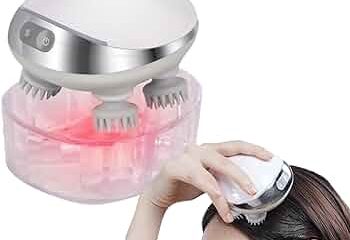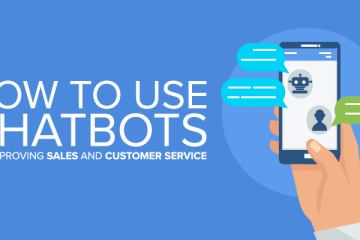Industrial sewing machines play an important role in the manufacturing sector. They offer numerous advantages that enhance productivity, quality, and efficiency. These are designed to handle heavy-duty tasks. This makes them indispensable for businesses involved in the production of garments, upholstery, and various fabric-based products. This is why understanding the benefits of these machines can help businesses make proper decisions about their equipment investments.
Enhanced Durability and Performance
Products like Juki industrial sewing machines are built to withstand rigorous use and demanding conditions. Their robust construction and high-quality components ensure they can operate continuously without frequent breakdowns. This reliability translates into fewer interruptions in the production process, allowing for consistent output and meeting tight deadlines. Moreover, the durability of these machines means lower maintenance costs over time. This offers a cost-effective solution for businesses.
Superior Speed and Efficiency
One of the most massive advantages of industrial sewing machines is their ability to sew at high speeds. These can complete tasks much faster than domestic models, significantly increasing production rates. High-speed operation is particularly beneficial for large-scale manufacturing, where time is a critical factor. The efficiency reduces labour costs and boosts overall productivity, enabling businesses to meet high-demand orders promptly.
Precision and Consistency
Such sewing machines are designed to deliver consistent stitches, which is crucial for maintaining the quality of finished products. Advanced features such as automatic thread cutting, stitch length control, and programmable patterns ensure that each piece is sewn to exact specifications. This level of precision is essential for producing high-quality garments and textiles that meet industry standards and customer expectations.
Versatility and Flexibility
These machines are incredibly versatile and capable of handling various fabrics and materials. From delicate silks to heavy-duty canvas, these can adjust to different fabric types, making them suitable for various applications. This versatility allows organisations to expand their product offerings without needing multiple types of sewing equipment. Additionally, many come with interchangeable attachments and accessories, further enhancing their flexibility.
Improved Safety Features
Modern machines for sewing are equipped with advanced safety features. They help to reduce the risk of any kind of accident. Features such as automatic needle guards, emergency stop buttons, and safety sensors are designed to create a safer working environment. These enhancements not only protect workers but also help businesses comply with occupational safety regulations, reducing liability and potential downtime due to workplace injuries.
Cost-Effectiveness in the Long Run
Although the initial investment in industrial sewing machines may be higher than that of domestic models, the long-term benefits far outweigh the costs. The increased productivity, reduced maintenance expenses, and higher quality output contribute to a faster return on investment. Businesses can save money by investing in reliable, high-performance sewing machines that minimise downtime and maximise efficiency.
Enhanced Operator Comfort
Ergonomics is an important consideration in the design of industrial sewing machines. Many models are built to provide maximum comfort for operators, reducing strain and fatigue during long hours of use. Adjustable seating, user-friendly interfaces, and reduced vibration contribute to a more comfortable working environment. This focus on operator comfort can lead to increased job satisfaction and productivity.
Technological Advancements
The integration of technology in industrial sewing machines has led to significant advancements in their capabilities. Features such as computerised controls, automated functions, and digital interfaces make them more efficient and easier to use. Technology-driven ones can perform complex stitching patterns and custom designs with minimal human intervention, streamlining the production process and reducing the likelihood of errors.
Investing in products like juki industrial sewing machines offers numerous benefits that can massively impact a business’s productivity, quality, and overall success. These provide unmatched durability, speed, precision, and versatility, making them a valuable asset for any manufacturing operation. By understanding and leveraging the advantages of industrial sewing machines, businesses can enhance their production processes and achieve better levels of efficiency in their products.



